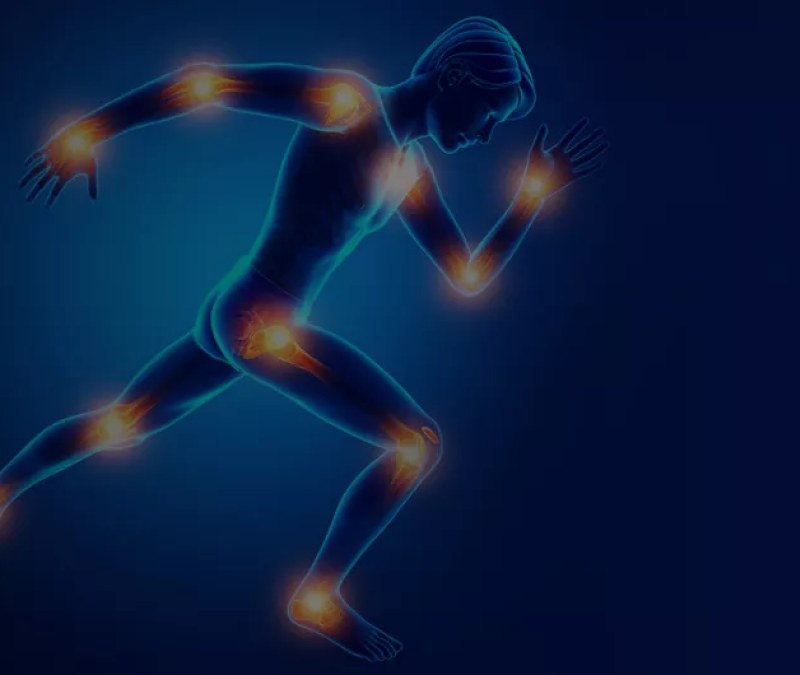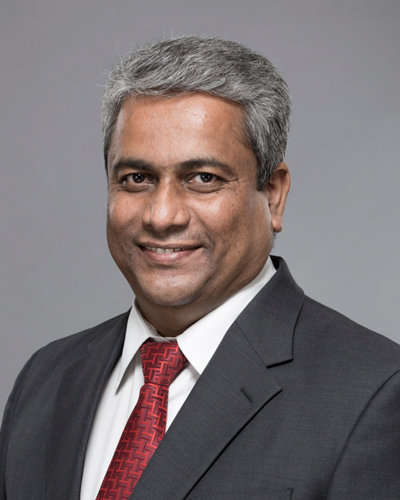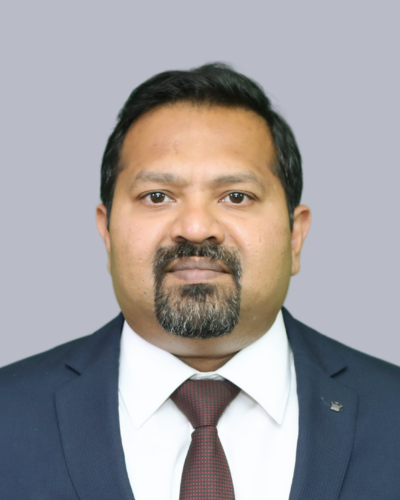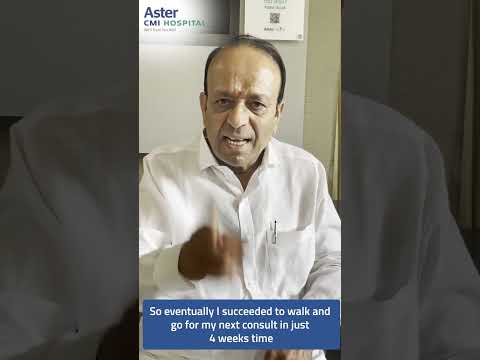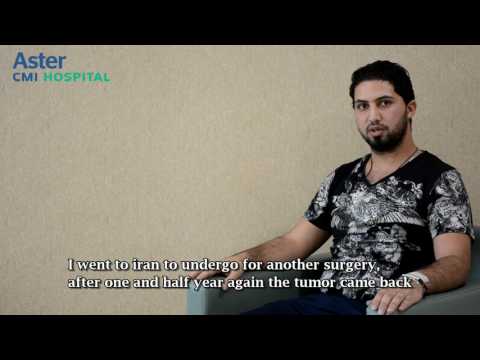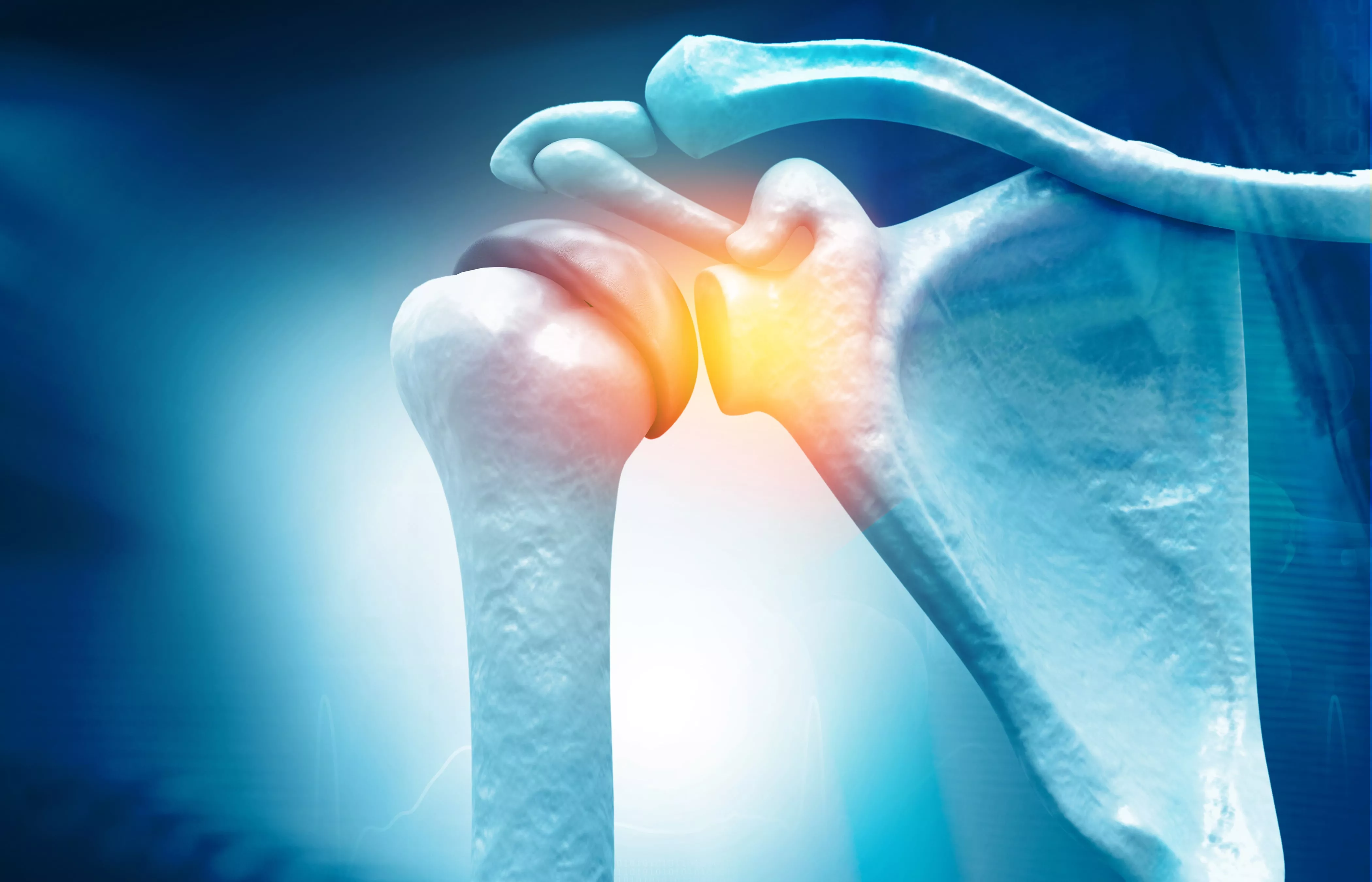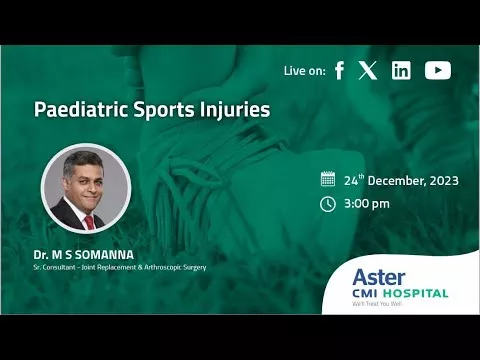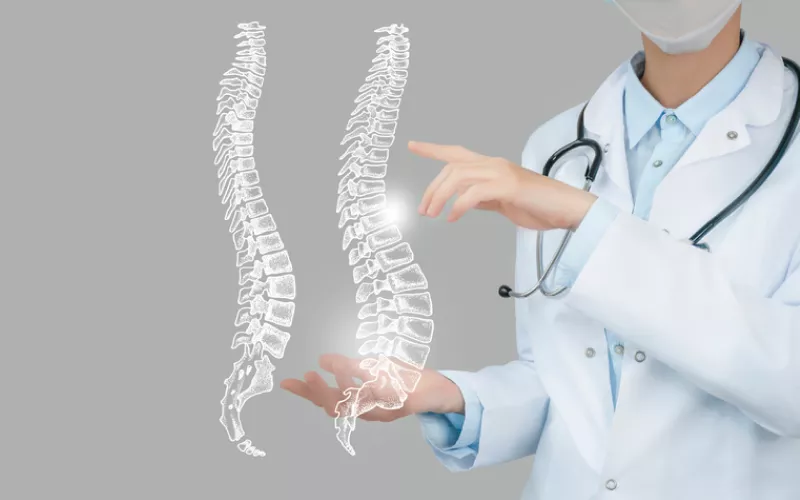The Department of Orthopaedics and Rheumatology at Aster CMI Hospital Hebbal is one of the best orthopedic hospital in Bangalore is a state-of-the-art facility offering comprehensive care for the management of musculoskeletal disorders in patients of all ages. The department has an exceptional team of doctors comprising of top orthopaedic surgeons in Hebbal, arthroscopy surgeons, sports medicine specialists, orthopaedic oncologists, paediatric orthopaedic surgeons, spine surgeons, trauma surgeons, microvascular surgeons, rheumatologists and physical medicine experts who have the experience and expertise to handle all orthopaedic emergencies and complex cases.
They are supported by specially trained nurses, patient counsellors and physical rehabilitation therapists. At this Centre of Excellence, we follow international treatment protocols to ensure optimal, evidence-based care to all patients, at all times. This Centre of Excellence houses advanced facilities including ORI fusion integrated orthopaedic surgical suites, a one-of-its-kind fully equipped sports medicine unit, and units dedicated to joint surgery, spine surgery, tumour surgery, arthroscopy, trauma surgery and rheumatology. We offer 24-hour accident and emergency care, outpatient and inpatient care, 24-hour trauma surgery, day care surgery and orthopaedic rehabilitation. This CoE is multidisciplinary in its approach and works closely with several other specialities including Aster Oncology and Aster Child and Adolescent Health.
Our Doctors
We have some of the best specialists from around the world, they bring years of experience and offer evidence-based treatment to ensure the best care for you.
FAQs
Want to find out more about the treatment? The answer to your questions can be found below.
What advancements or technologies are utilized by Orthopedic surgeons?
Orthopedic surgeons utilize advancements and technologies such as arthroscopic surgery, computer-assisted navigation systems, 3D printing for customized implants, regenerative medicine techniques, minimally invasive procedures, and advanced imaging modalities for accurate diagnosis and treatment.
Patient Stories
Our patients are our best advocates, hear the inspiring stories of their treatment journey
Blogs
The source of trustworthy health and medical information. Through this section, we provide research-based health information, and all that is happening in Aster Hospital.

